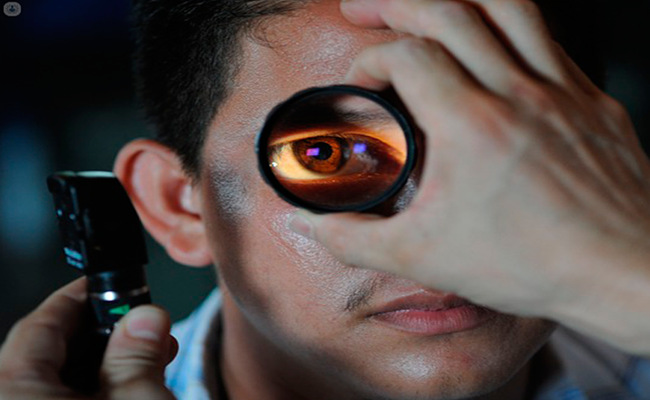

Neuro-ophthalmology is a subspecialty of both neurology and ophthalmology that deals with visual problems related to the nervous system. It encompasses a wide range of conditions affecting the visual pathways, including the optic nerve, optic chiasm, optic tracts, and areas of the brain responsible for vision.
Neuro-ophthalmologists work closely with neurologists, neurosurgeons, ophthalmologists, and other specialists to provide comprehensive care for patients with complex visual and neurological disorders.